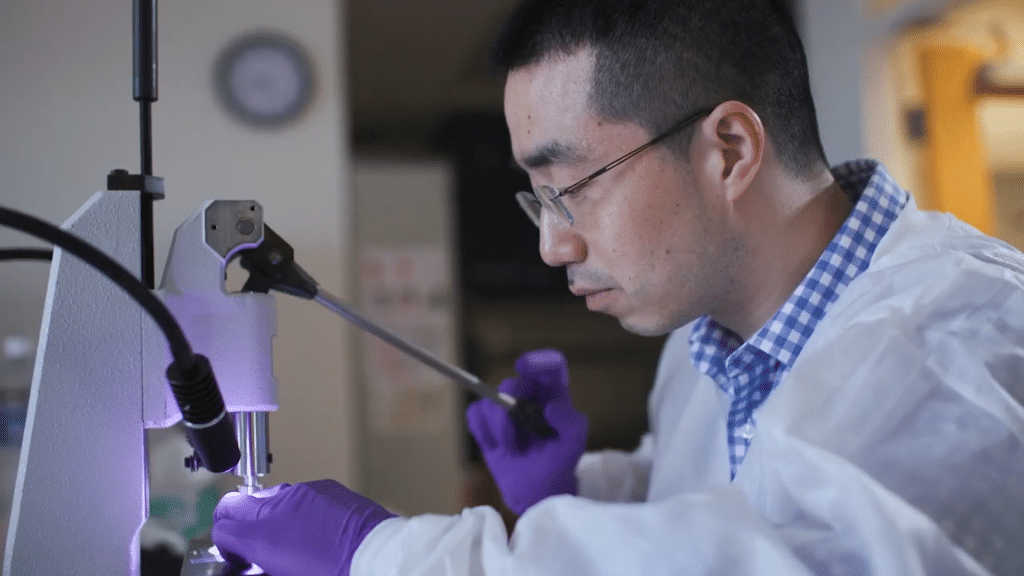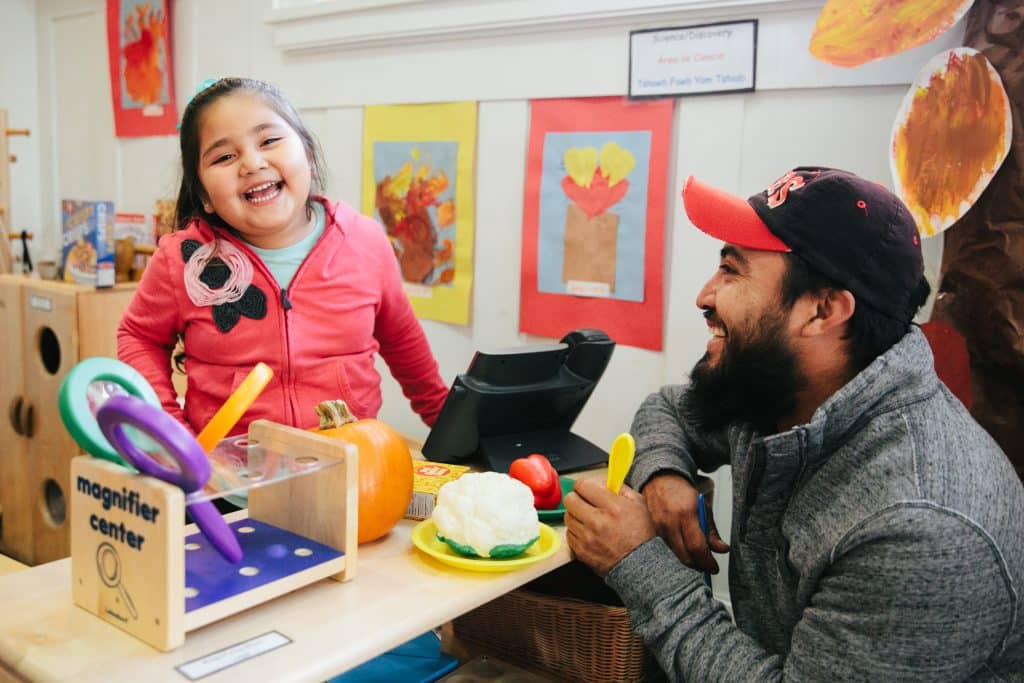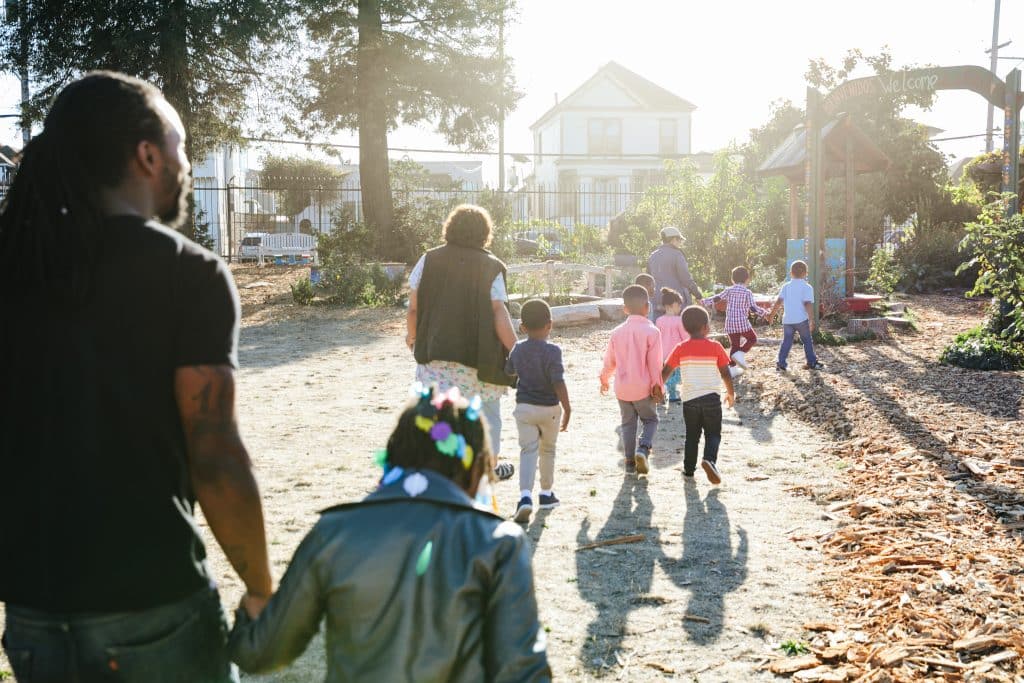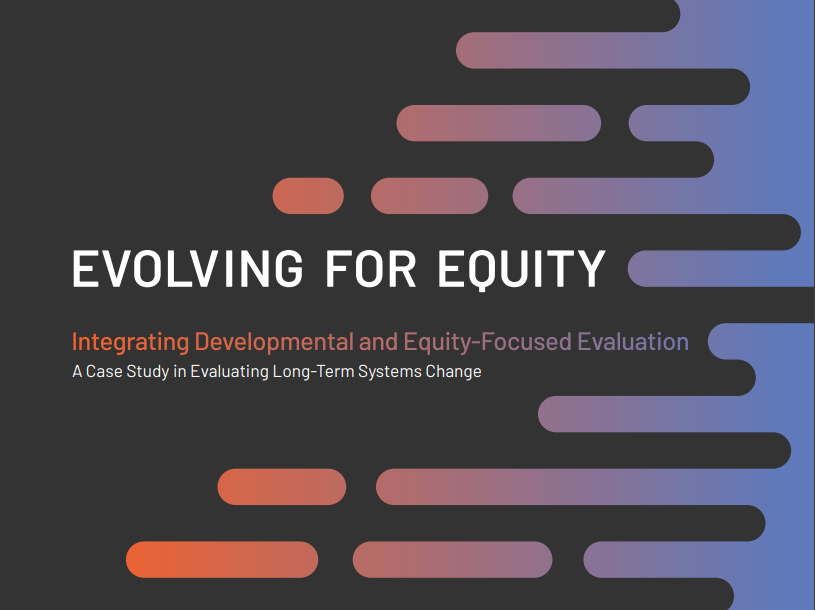The David and Lucile Packard Foundation announced today it is committing $20 million in funding to support the landmark American Rescue Plan Act (ARPA) in advancing the health and livelihoods of children, women, and families in the US devastated by the ongoing COVID-19 pandemic.
“The Packard Foundation has long supported work to improve the lives and well-being of children, women, and families throughout California and across our country,” said Nancy Lindborg, President and CEO of the Foundation. “Right now, the country has an extraordinary opportunity to use ARPA funding to help families cope during these difficult times, and importantly, if done well, begin to address deep racial disparities and help rebuild civic trust by demonstrating the ability of the government to deliver for its people. We hope our efforts, together with our many partners, will help these funds reach the most vulnerable and build the case for why key elements of ARPA’s provisions are critical to the long-term well-being of communities and of our society.”
The Biden-Harris Administration signed the American Rescue Plan Act into law in March of this year to support the United States’ recovery from the economic and health impacts of the COVID-19 pandemic, delivering immediate relief for American workers and their families while also addressing longstanding societal inequities exacerbated by the pandemic. The $1.9 trillion economic stimulus package is a monumental, once-in-a-generation opportunity with the potential to dramatically reduce child poverty, improve health care access, support an equitable economic recovery, and address racial inequities.
ARPA has generated an unprecedented amount of federal investment dollars that are being funneled to states and local communities across the country. For many jurisdictions, these dollars are a huge boost to their budgets, positioning them to make significant investments in local infrastructure projects such as internet broadband, water, and transit systems, and to build the social safety net in ways that could provide years of support to constituents through greater unemployment benefits, housing protections, food security, and childcare tax benefits.
Given the sheer amount of ARPA funding and the fact that many local and state governments are stretched thin, the Packard Foundation believes it is critical that both philanthropy and community organizations work with government leaders to ensure the equitable distribution of resources so that communities are not only able to bounce back from the pandemic, but they can actually flourish.
Significant opportunities ahead
Several of the policies boosted by ARPA’s influx of funding present significant opportunities to further specific geographies and areas of work the Packard Foundation have long invested in. ARPA’s expansion of the Child Tax Credit will provide critical tax relief for millions of families with the potential to dramatically reduce poverty. ARPA funding for the Child Care Development Block Grant and the Child Care Stabilization Funds could help families access quality care for their children. And ARPA’s provisions around Medicaid, the Children’s Health Insurance Program (CHIP), and the Title X Family Planning Program are critically important to ensuring access to essential health care services.
The Packard Foundation’s philanthropic investments will be guided by three main strategies: support for effective and equitable distribution of ARPA funding nationally and in selected states, including local communities in California; sharing stories and data of how these funds have made a difference; and working in non-partisan coalitions to make permanent those policies with the greatest potential for long-term, transformational change.
Successful implementation of ARPA could make a significant impact on the well-being of the American people hardest hit by the pandemic, with the potential to reverse years of growing inequality. The time for philanthropy to lean in is now, working together with partners to ensure that the benefits promised by ARPA will endure.







